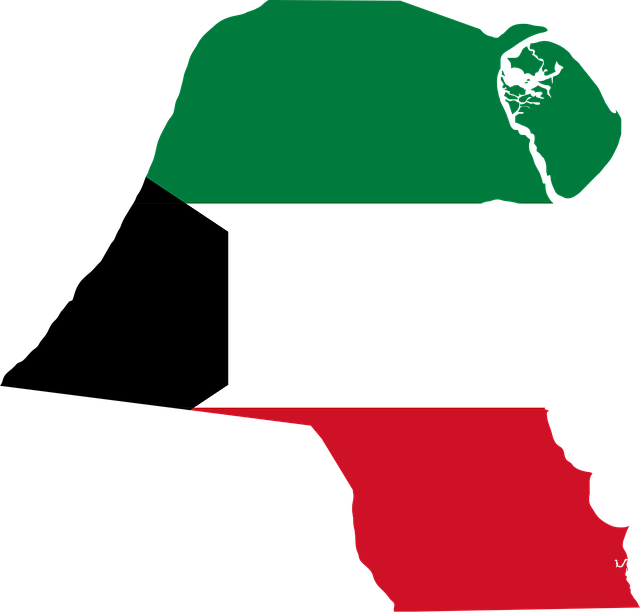
IMF Concludes Virtual Visit to Kuwait
A staff team from the International Monetary Fund (IMF), led by Mr. Daniel Kanda, held virtual discussions with the Kuwaiti authorities from April 4–8, 2021. At the conclusion of the mission, Mr. Kanda issued the following statement:
“The Kuwaiti authorities acted quickly and decisively to address the health and economic effects of the COVID-19 pandemic, although the challenges posed by the pandemic remain significant.
“As in other GCC countries, the COVID-19 pandemic, together with oil price shock and cuts to oil production under the OPEC+ agreement, weighed heavily on economic activity and fiscal balances in 2020. Growth in 2020 is estimated at -8 percent with a contraction of non-oil growth of -6 percent. The overall fiscal balance significantly deteriorated compared to the previous year.
“Going forward, a gradual recovery is expected in 2021, supported by the rebound of domestic and external demand as vaccinations proceed. However, considerable uncertainty surrounds the outlook, including from the persistence of the pandemic and related global and domestic containment measures. “We commend the central bank’s sustained proactive monitoring of credit risks and efforts to strengthen the regulatory and supervisory frameworks aimed at bolstering financial stability. The banking sector remains resilient, well-capitalized, and liquid notwithstanding the shocks in 2020. “Combating the pandemic and mitigating its effects, particularly those on the most vulnerable, should remain a priority until the recovery is firmly underway. As the recovery firms up, strong fiscal consolidation and structural reforms would be needed to preserve fiscal buffers and strengthen growth.
“The IMF team would like to express its appreciation to the Kuwaiti authorities for the open and productive discussions.”
Information Source: Read Full Release ..–>
Press release by:



